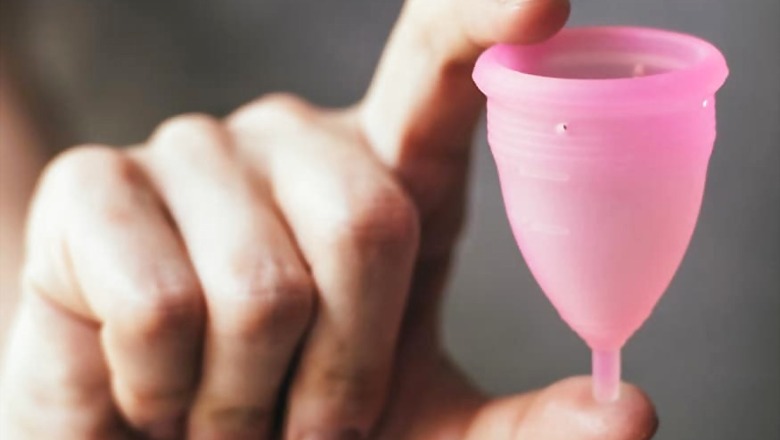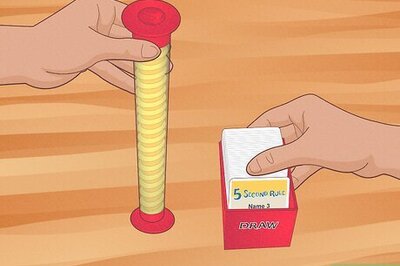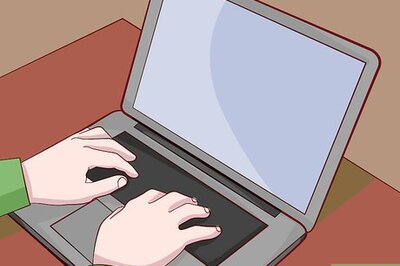
views
Menstrual Hygiene Day aims to create awareness and change negative perceptions around menstrual hygiene. Initiated by a German-based NGO WASH United in 2014, it aims to benefit women worldwide while date 28 was selected to acknowledge that 28 days is the average length of the menstrual cycle.
Menstrual hygiene management can be particularly challenging for girls and women in developing countries who have no proper access to information or facilities. Furthermore, traditional cultures make the topic a taboo, not to be discussed, making it further difficult for them to address the issue. Poor menstrual hygiene is caused by lack of education on the issue, persisting taboos and stigma, limited access to hygienic menstrual products and poor sanitation infrastructure.
On the occasion of Menstrual Hygiene Day, we take a look at tips that help women maintain menstrual hygiene
Keep separate underwear for your period: It is advisable to keep separate underwear to be used during the period. If stained, wash it immediately and disinfect it. It is not hygienic to walk around in stained underwear. Keep an extra pair handy when you are going out, just in case you need it.
Change napkin every 4-5 hours: Menstrual blood, when released from the body, attracts various organisms which multiply in the warmth of the blood, causing irritation, rashes or urinary tract infections. Changing napkin or tampons regularly curb the chances.
Wash every time you use the toilet: The outer skin of the vagina has folds which can cause blood accumulation that may lead to bad odour. Wash regularly. Washing the correct way is also important. Wash from vagina to anus not the other way around as it can lead to transmission of bacteria. Also, while using vaginal hygiene products every day is a good idea, using these products during menses can turn things around.
Discard sanitary napkins properly: Wrap sanitary napkins properly before discarding them, so the bacteria and infections do not spread. Don’t flush them since it will block the toilet causing the water to back up, spreading the bacteria all over it.
Use one method of sanitation: While some people pair up sanitary pads with cloth, tampons or another pad during periods, it is actually a bad idea. Changing regularly is a better option. Multiple pads/ cloth/ tampons can lead to rashes and infections.
Read all the Latest News, Breaking News and Coronavirus News here



















Comments
0 comment